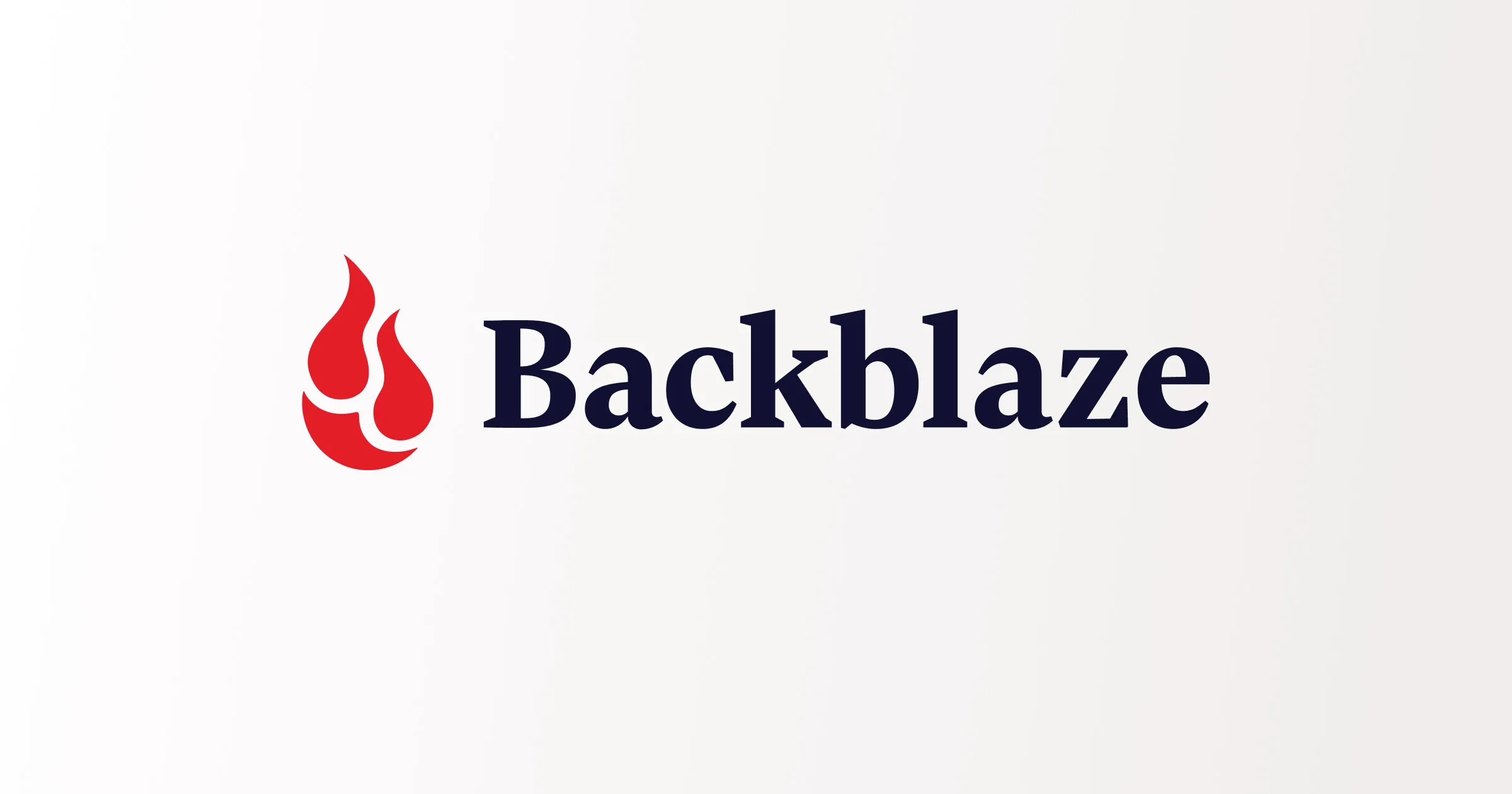DQ
Well-Known Member
Thread Starter
- Joined
- Feb 28, 2016
- Messages
- 2,759
- Likes
- 2,675
My NAS is closing in on being full. Right now I have (6) 8TB drives in it. I could buy an add on enclosure and put in new drives but I like the idea of replacing my old drives which have a lot of wear and tear on them. My thought is to work towards buying (6) 16TB (or maybe 18TB drives as the price sweet spot seems to be there) drives to double the space.
With that said my question to you media nerds is what make/model do you like best for this purpose?
Right now I am looking at WD Red or Seagate IronWolf Pro.
Thanks!
With that said my question to you media nerds is what make/model do you like best for this purpose?
Right now I am looking at WD Red or Seagate IronWolf Pro.
Thanks!

